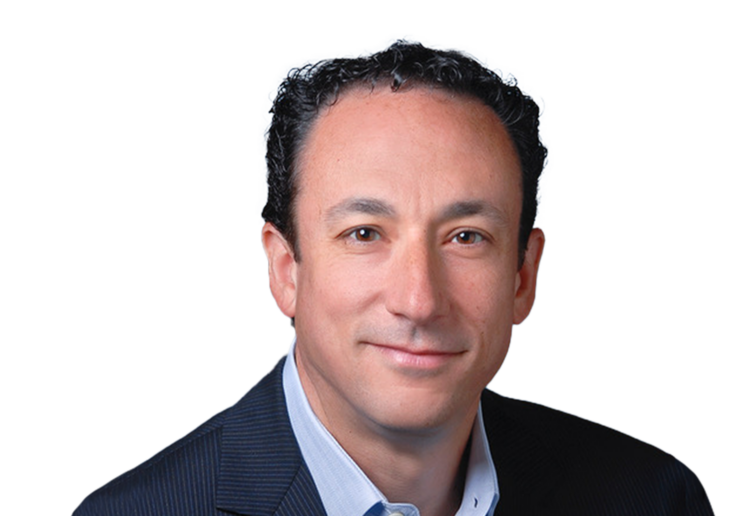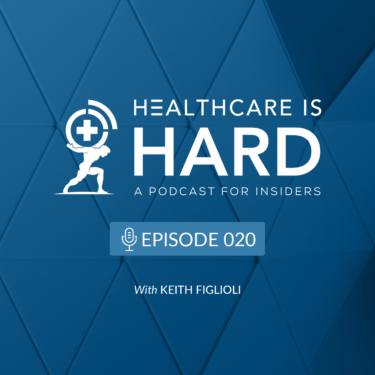
Cedars-Sinai is a nonprofit academic healthcare organization that serves the diverse Los Angeles community through more than 40 locations, 4,500 physicians and nurses, and 1,500 research projects in motion. Darren Dworkin has been Chief Information Officer at Cedars-Sinai since 2006, where he also founded the Cedars-Sinai Accelerator and serves as managing partner of Cedars-Sinai Health Ventures.
In this episode of Healthcare is Hard, Darren talks to Keith Figlioli about the impact of COVID-19 through a technical lens, offers advice to innovators and entrepreneurs selling to health systems during this difficult time, and shares broad views into the digital transformation of healthcare. Some of the topics they discuss include:
- Enabling Remote Work Through COVID. Many healthcare workers have been bravely carrying out their roles within the hospital setting during the pandemic. But the fact that a large portion of healthcare workers have been asked to work remotely – just like in other industries – hasn’t gotten much attention. Darren points out that in only four days, Cedars-Sinai shifted from having 400 people working remotely to having well over 4,000. He talks about how the health system’s technical infrastructure scaled to handle the demand.
- Lasting Impacts. One of the silver linings Darren sees emerging from the pandemic is how it will advance strategies around helping patients interact with technology in the right ways. While Cedars-Sinai had already been relying on technology for urgent care and primary care visits, he uses the example of post-surgical follow-up as one area where telehealth has, and will likely continue to be very beneficial. As he points out, surgeons prefer to operate, so if they can minimize the time they spend on follow-ups, it’s a win all around.
- Pulling Versus Pushing Technology. Darren recognizes that his role as CIO is to “help engage end users in the tech that we have.” In other words, push technology on the enterprise. But part of the reason he finds the work of the Cedars-Sinai Accelerator so rewarding is that it’s exactly the opposite. Clinical and operational leaders get to choose which companies should be in the accelerator based on their needs and the solutions that will solve their biggest challenges. As an academic medical center, Darren sees innovation and discovery as core to the overall mission at Cedars-Sinai, and its accelerator is a big part of that.
- Advice for Entrepreneurs. Darren’s biggest advice for digital health entrepreneurs is to focus on real savings. Just as we’re approaching a day of reckoning for tech IPOs where companies planned to layer on growth without profitability, the environment for digital health startups is similar: adding improvement without adding bottom line ROI may no longer be sufficient. For example, as companies think about expanding their product, Darren suggests thinking about how to broaden into an adjacent space – versus simply of adding more “bells and whistles” – in order to help health systems eliminate vendors and streamline costs and administration.
To hear Darren and Keith talk about these topics and more, listen to this episode of Healthcare is Hard: A Podcast for Insiders.
